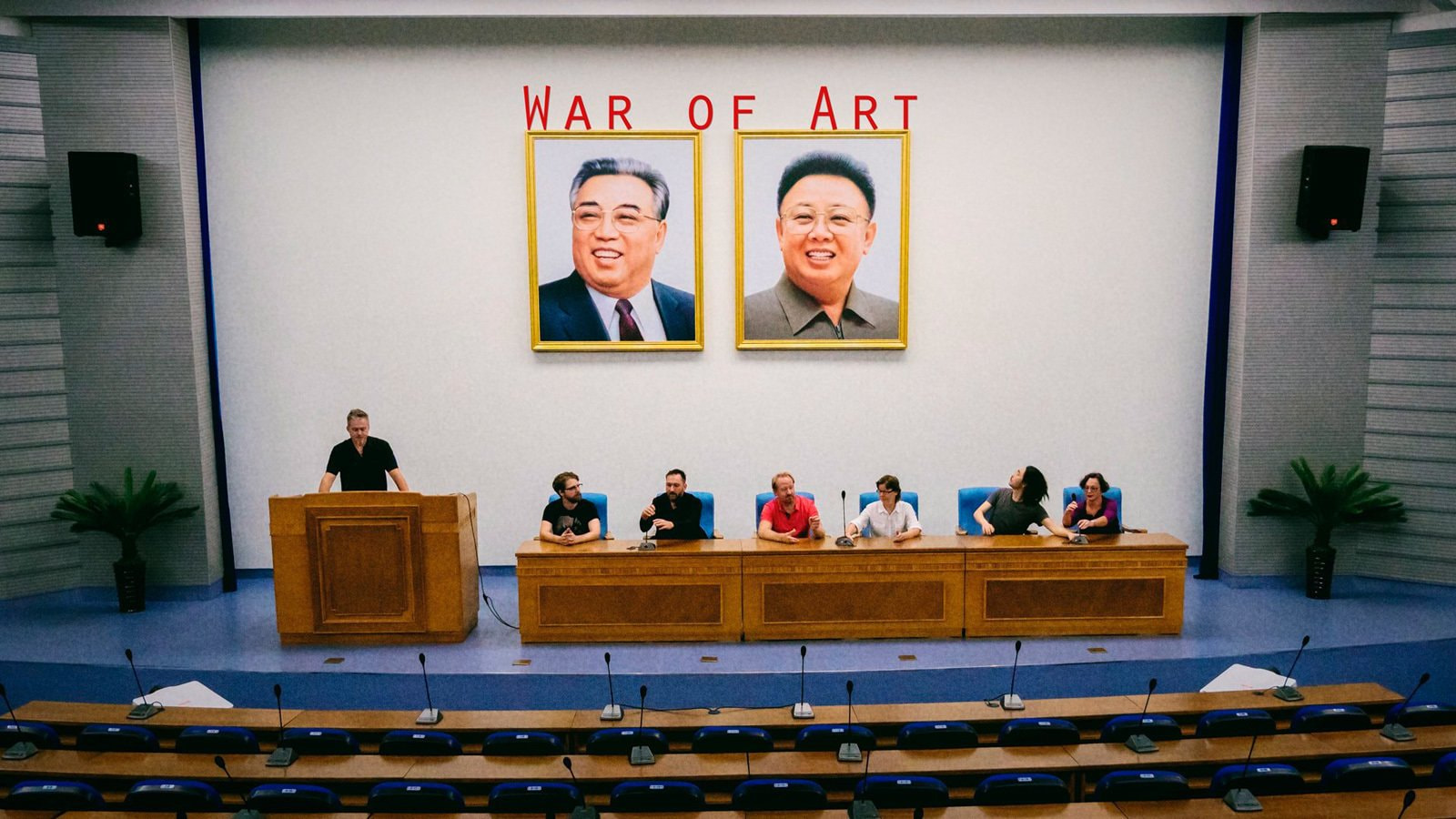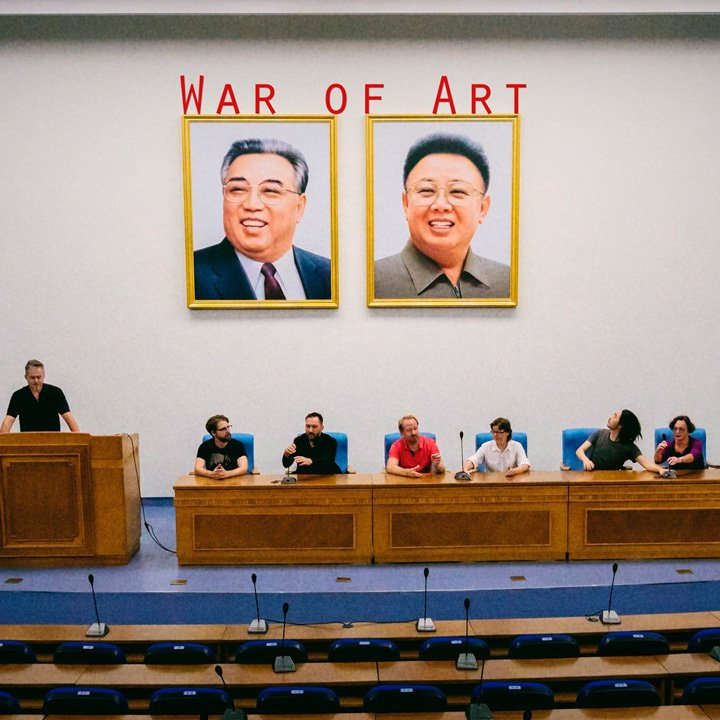Garage and Beat Film Festival—the international festival of documentaries on new culture—present special film programs to be screened at Garage’s summer cinema in Gorky Park.
Freedom of (a) Movement brings together movies about the freedom offered by movement (as in dancing) and movements (as in subcultures). It includes films on acid house and Italo disco produced by contemporary artists commissioned by Frieze for its Second Summer of Love; an integrated dance piece featuring performers with disabilities; and a documentary about the rap scene in a Chinese city where hip hop is banned. Each work in the program is an experiment, pushing the boundaries of documentary filmmaking and rethinking music and rhythm in terms of art and politics.
The central film in the program, Everybody in The Place: An Incomplete History of Britain 1984-1992 is a postmodernist lecture on acid house by British artist and curator, Turner prize winner Jeremy Deller, who represented Britain at the Venice Biennale in 2013. With the title borrowed from a Prodigy song, the documentary is based on Deller’s hour-long lecture at an English high school. Discussing the beginning and development of underground rave culture in the context of social shakeups of the Thatcher era, Deller avoids lengthy descriptions of acid fashion and music, and instead focuses on miners’ strikes, compares early house clubs to churches, and brings in Marxist theory to reiterate an obvious but important point: whatever we do is politics —and rave was no exception.
Another film in the program, Artificial Things is an atmospheric dance experiment, in which British choreographer and integrated dance pioneer Lucy Bennett explores the beauty and sensibility of the unusual body. Bennett has created a performance of unique energy and dynamics set in an abandoned shopping mall. Delicate camerawork and unusual angles chosen by filmmaker Sophie Fiennes (director from the artistic Fiennes family who previously worked with Peter Greenway) show moving bodies and relationships that we have not previously seen on stage or on screen. Filming the performers with empathy and tact matching Wim Wenders as he filmed the students of Pina Bausch, Fiennes shows that inclusion means openness to the unusual and freedom from bias.
Garage will also host several screenings from The Other Side of the Party, a film program curated by journalist and fashion expert Katya Fedorova. Focusing on the darker aspects of dazzling fashion shows and decadent parties, the program shows how fame and acclaim can ruin people who dream about them. Films in the program include Halston—a documentary about the rise and fall of the fashion empire created by American designer Roy Halston who first invited celebrities as models and started collaborating with mass market brands; Celebration, which follows the work of Yves Saint-Laurent’s fashion brand during the last year of the designer’s life; and Studio 54—a true story of the legendary New York club told by its founder. The program also includes discussions with fashion professionals who will speak about the recent changes in the industry.

